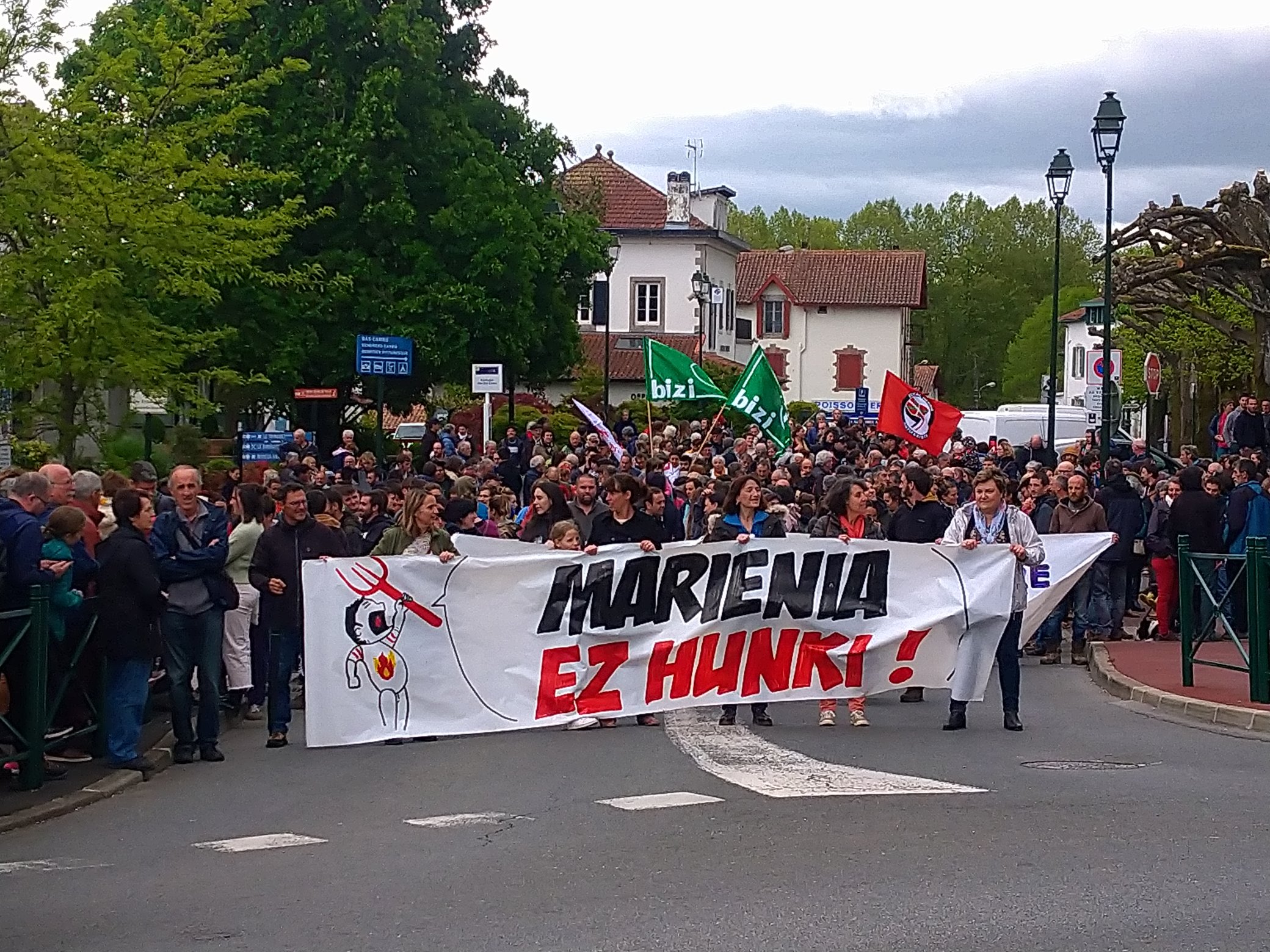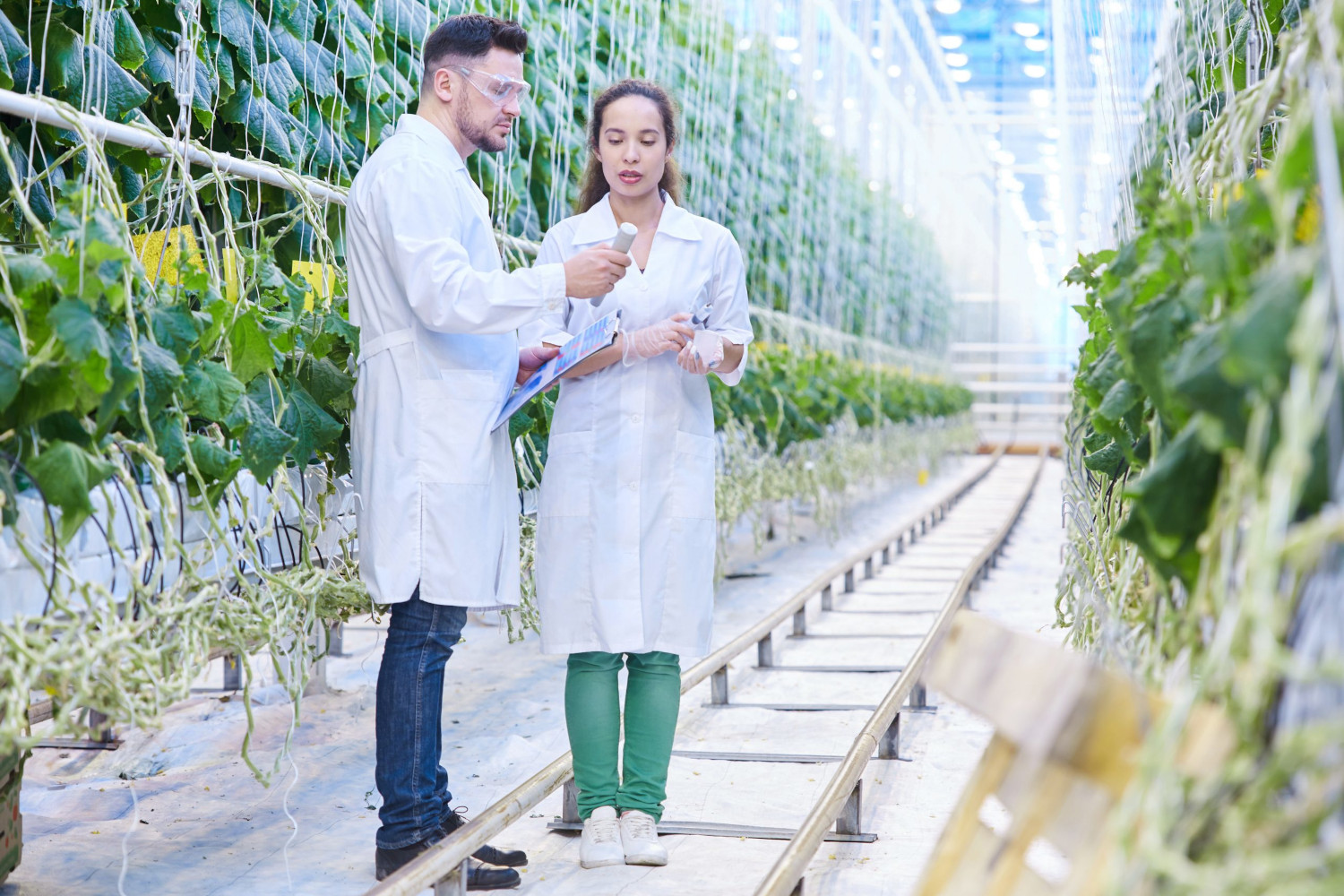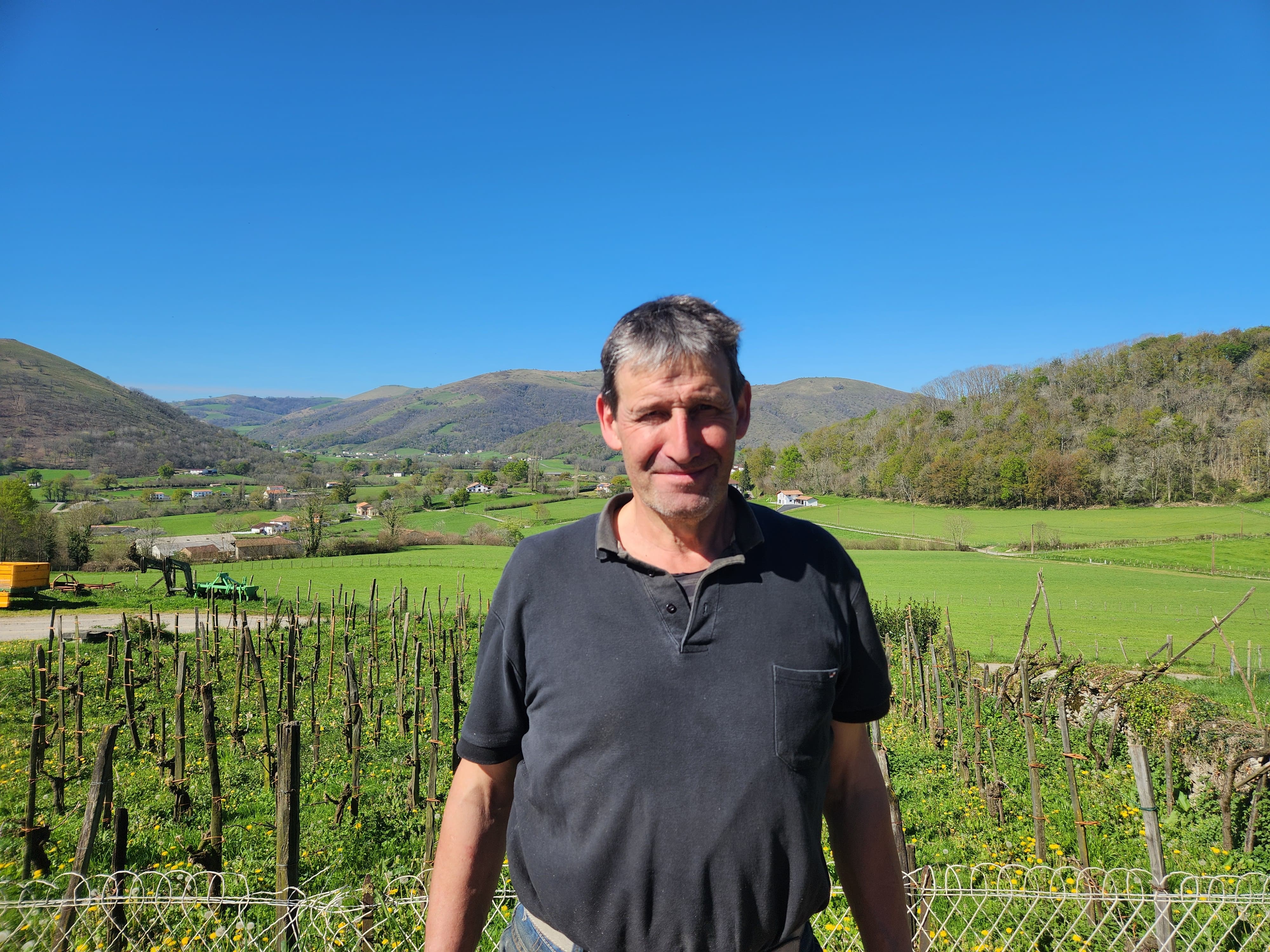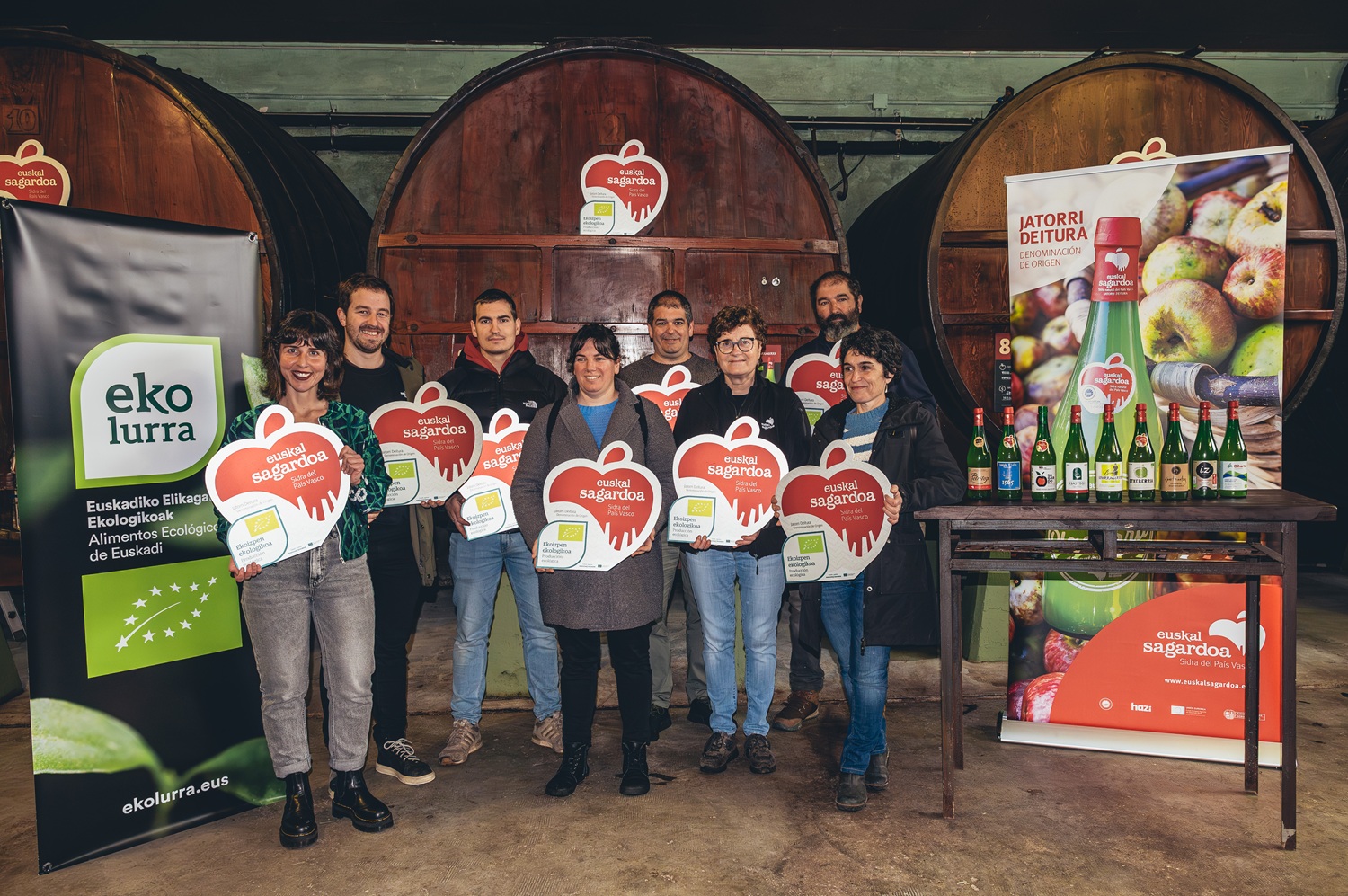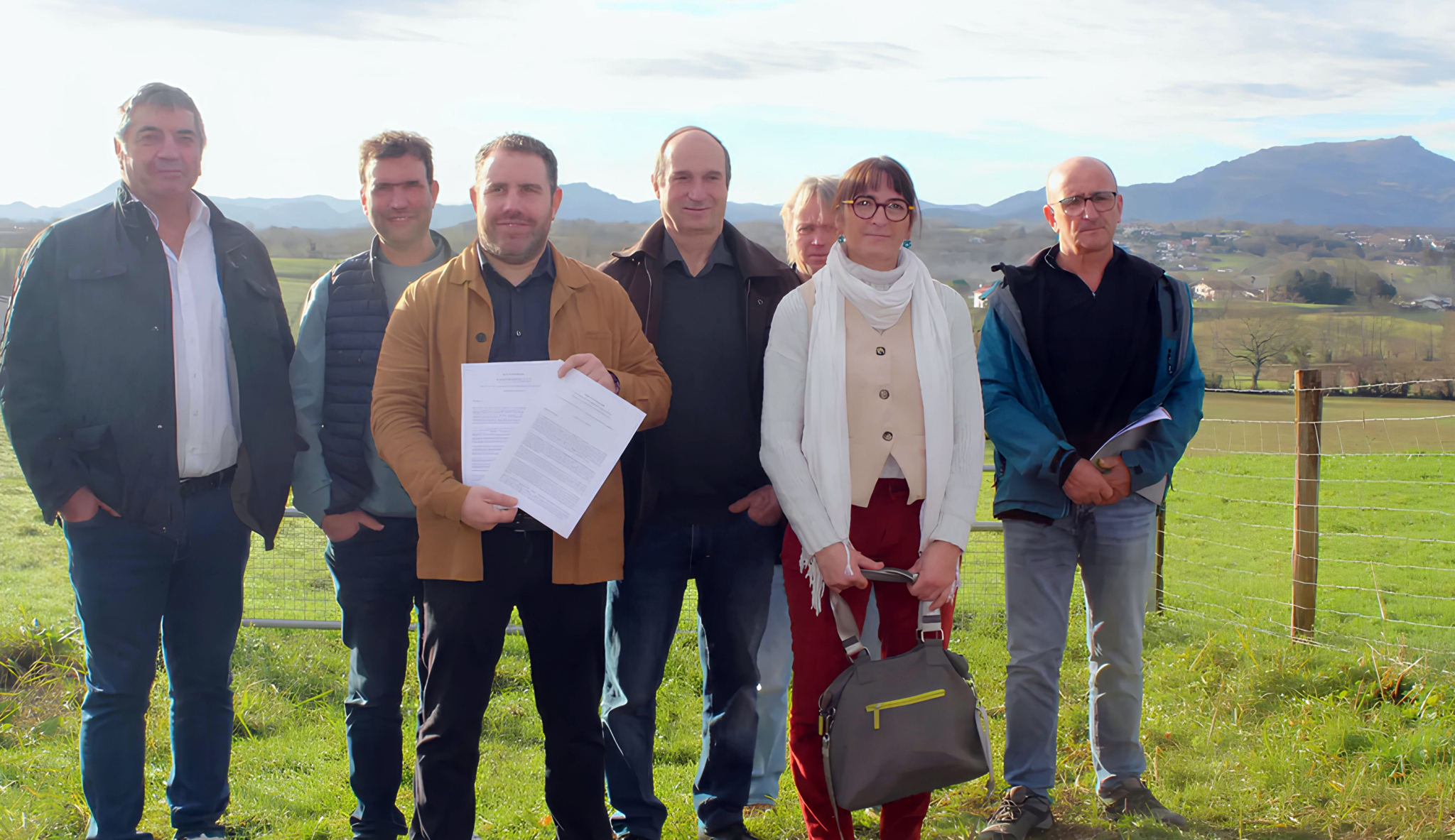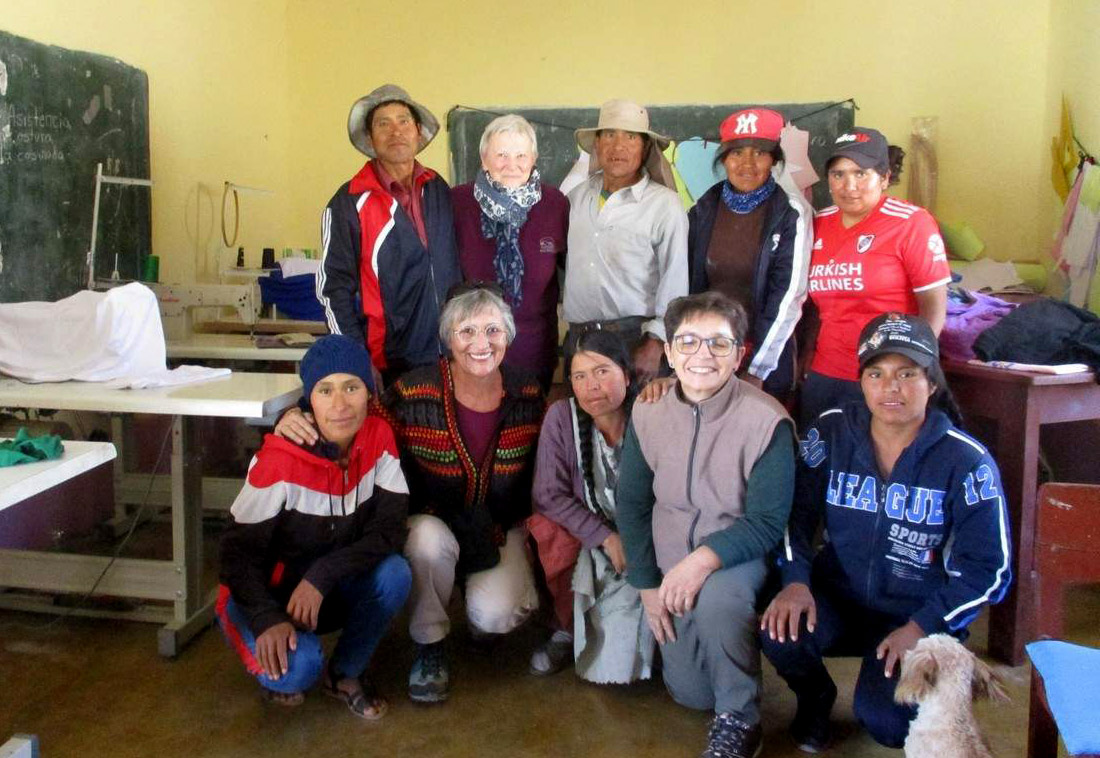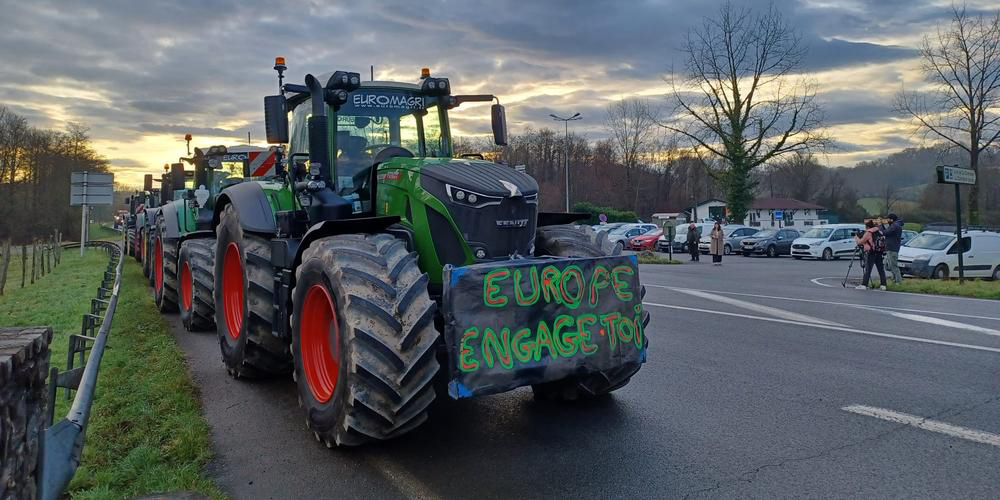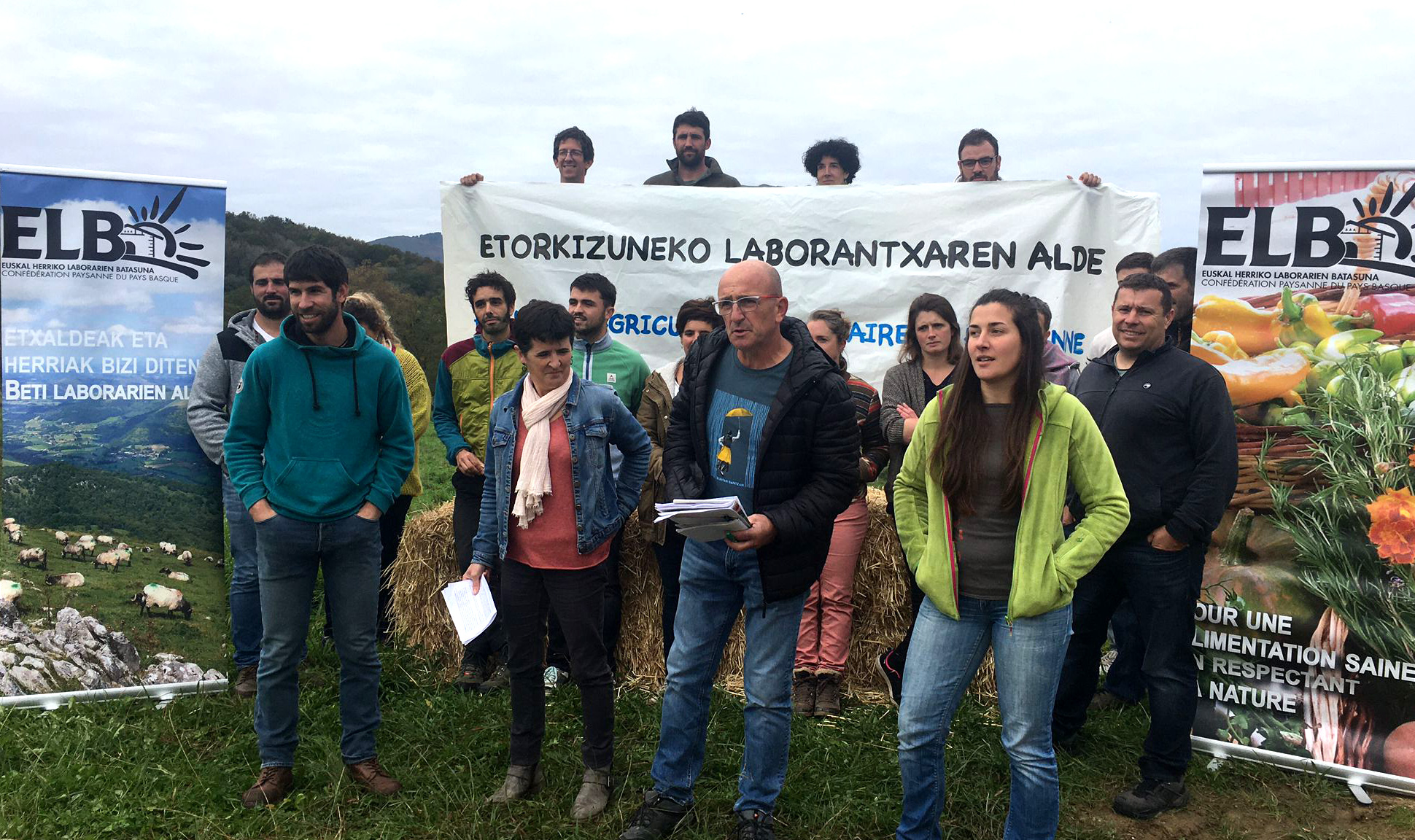Ainhoa Artola: "The dwelling, considered as a whole, is a way of life"
- The farmer of Amezketa decided to live from the farmhouse two years ago and since then rearing pigs; he believes that work in the farmhouse is not sufficiently valued and that more help should be provided from the institutions. Ainhoa Artola (Amezketa, 1991) has been breeding pigs for two years in the farmhouse Zuzitza de Amezketa. He has been living in the farmhouse for three years and has always liked to be with the animals.

What memories do you have of childhood?
I always walked with animals from one side to the other, very comfortable. In the garden, in the grass -- I was walking around. It's true in adolescence, we spent the whole summer in the grass, and at that age I didn't like to go to the grass. The heat, I saw them with the tractor and I saw them with the racket, my friends playing -- I was angry, but that was what I played.
You've changed course with the studies.
I did high school, I did internships and I also worked a little bit, but it wasn't a job that filled me completely. Then I did studies as a veterinary assistant. I did internships and I started working. I wanted to work with animals, but it wasn't my favorite job, so I decided to start at home.
When did you start thinking about living in the farmhouse?
I started working on the street, always working for others, bad time, doing favors that didn't go around, ... and I was a little sick. I didn't fill up and I didn't feel comfortable. A couple of years ago, I decided to start at home. Now I'm at ease.
Who did you tell before the idea of starting to work in the farmhouse?
To my first father. I knew my father would love it and he would rejoice, and I told my father before my mother. The mother didn't want her daughter to work in the house. He says it's very hard for him, he's very tied and he didn't want that for a young man. I talked to my father, and it all happened.
Your father cheered you. What did your friends say to him?
I guess his friends weren't very surprised. You know I really like it, and I've always been animals, at home, ... Maybe it's not the most common thing for a young woman to get to work in the cottage, but they weren't very surprised.
Once the decision was made, the hardest job was to decide.
For me, they were paper issues. I don't like that at all. Then we had to close all the land with fences so we could put pigs. There are wild boars here, and we have had to put strong fences. It was a great job. We cut trees, we prepared stakes, the road wasn't very well either, and we had to prepare it.
You have pigs in the forest.
Yes. They are about 400 meters from the house. It has an area of between 250 and 300 square meters and has six chabolas, two canteens and a space for drinking water. From there they have two outings to the forest. They go to the side of the first forest and once they embark, they go to the other plot. Meanwhile, the other area is recovering. I have put the pigs with Basatxerri and they have laid down rules that they must comply with. I put 140 pigs, and they determine to me the number of hectares of land that I have to put, the soil that they need to be prepared, the shape of fences ...
What is your daily life like?
The first thing you can do is get up and go to the pigs. Every day I wash the area, that is, I wash the wicks and wash them. They turn around, they see they're OK, they get into the cottages and they fall asleep and I make them wake up to see if they're all OK. I also look at you if you have a cough or if you're coughing down. If there's been some wind, I've seen that the fence is OK, and once I've done that, I've come back to the cottage and I start doing other things with my father.
In addition to giving food, there is work.
Yes. They have feed to eat. I think it is important to maintain hygiene, to be vigilant and to be on top of everything so that everything is fine. If there is one with diarrhea, they soon begin to lose weight and weaken. In winter there are more problems.
Do you have a different workload depending on the time of year?
I have two lots a year, and each one lives in the forest for five months. I have to go every day to the pig's house, either summer or winter, and life is the same. The job is the same if it's winter or summer.
What size do you have of pork?
There come the two, two and a half months. They tend to be about 27 kilos, and as I said, I have them in five months or five and a half months, and they take them within seven months. In the canal, they make about 125 kilos.
After a few, it's the turn of others.
After a shift, I have a month to clean it all up. The slugs have wood underneath, and I have to remove and clean all the woods to clean them and disinfect them well.
It will also be good if the soil is rested.
Yes, and that's why we have them divided into two plots. This gives the other party time to recover.
What does the farmhouse bring you?
For me, dwelling is a way of living, taken together. Be in contact with nature, work with animals and eat household products.
There must be something wrong with it.
It's bad when it's bad, and when it rains, you have to work outside. The cold, the rain, the mud, you get wet -- that's the nasty thing. But in the end, it's a job that you like and, in general, good.
Are you satisfied with the decision taken?
Yes. Very comfortable. It's been one of the best decisions I've ever made in my life. I am absolutely happy and satisfied with what I do.
You work with Basatxerri.
They have a network of farmers and I always have the date for the pigs to be carried. They have calculated not to run out of pork. I know that the moment I buy pigs are already sold, and that is a great peace of mind. If I had to start selling 140 pigs separately, I don't know if I had.
Do you think the work done by the baserritars is being valued?
No. I do not think anything is valued. It's work from morning to night and it's 365 days a year. The products and the work that is done are not valued.
Are you on the sidelines?
Yes. Totally. There are many other aids, but at home there is always little help. Something is done from the institutions, and Gazten has a project, but if the husbands want to go ahead, much more support is needed. The road must be made easier, otherwise there is nothing to do. Starting from scratch is almost impossible.
Do you consider the importance of eating the season and here?
It will be taken into account, but not sufficient. It is always said that you have to eat from the area, but we go to the supermarkets and there you buy what is cheaper. What we have to learn is that the valued product and the good product have to be paid. You have to consume more of the premises. I attach great importance to what we eat, and to my friends I also give a lot of veneer.
Klima aldaketaren eraginez, munduko lurralde gero eta gehiago idortzen ari dira, milioika pertsonaren jarduera eta bizimoduak kolokan ezarririk. Fenomeno horren frontean dago India erdialdeko Maharashtra estatua, non klimaren berotzeari eta lehortzeari metatu zaizkien oihan... [+]
Euskal Herriko Laborantza Ganberak hogei urte bete ditu. 2005ean sorturik, bataila anitzetatik pasa da Ainiza-Monjoloseko erakundea. Epaiketak, sustengu kanpainak edota Lurramaren sortzea, gorabehera ainitz izan ditu hogei urtez.
Txotx denboraldian eredu ekologikoan ekoiztutako Euskal Sagardoaren eskaintza izango da hainbat sagardotegitan, eta hura bistaratzeko, Jatorri Deiturak eta ENEEK-Ekolurrak kupeletan paratzeko euskarria aurkeztu dute.
Lurraren alde borrokan dabilen orok begi onez hartu du Frantziako Legebiltzarrak laborantza lurren babesteko lege-proposamenaren alde bozkatu izana. Peio Dufau diputatu abertzaleak aurkezturiko testua da, eta politikoa eta sentimentala juntaturik, hemizikloan Arbonako okupazioa,... [+]
203 diputatu alde eta hiru aurka agertu dira martxoaren 11 gauean egin bozketan. Higiezinen agentziak haserre agertu dira, eta bi salaketa aurkeztu ditu FAIN Frantziako Higiezinen Federazio Nazionalak Europako Batzordean. Bata, lege-proposamenari esker botere gehiago jasoko... [+]
Laborantzaren Orientazio Legea pasa den astean ofizialki onartu du Frantziako Parlamentuak. Ostegunean Senatutik pasa da azken aldikoz. Iazko laborarien mobilizazioen ondotik, aldarrikapenei erantzuteko xedea du lege horrek. Aldiz, ingurumenaren aldeko elkarteek azkarki salatzen... [+]
Zubiak eraiki Xiberoa eta Boliviaren artean. Badu jadanik 16 urte Boliviaren aldeko elkartea sortu zela Xiberoan. Azken urteetan, La Paz hiriko El Alto auzoko eskola bat, emazteen etxe baten sortzea, dendarien dinamikak edota tokiko irrati bat sustengatu dituzte.











